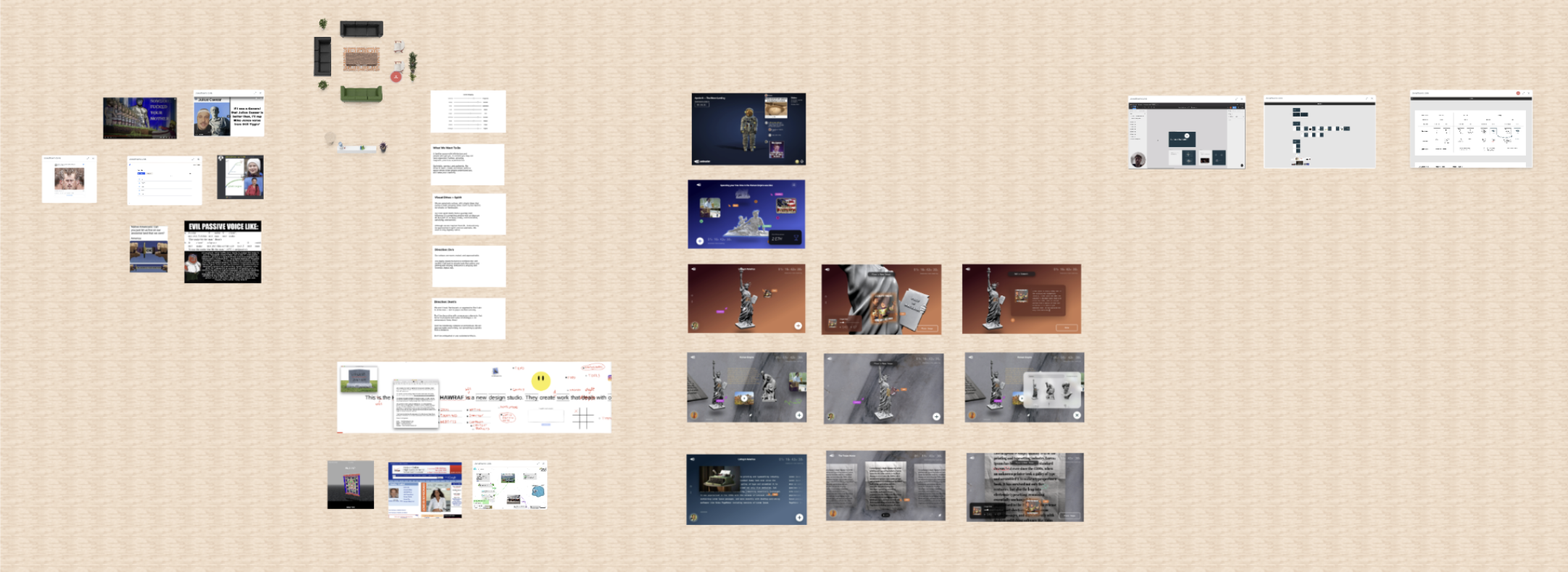No Slack
Why we're forgoing, for now, an enterprise chat product for team communication
- We’re here to work
- We trade in fully-formed ideas
Slack provides a functional service, but in many ways promises fulfillment through shared experience. In a world where shared experiences are scarcer, and meatspace grows less social, Slack helps fill the void by making work, a rare shared experience, funnier and more social.
Slack is the online version of WeWork. They're materially different but share a Job to Be Done. They also share another important trait: Much as people increasingly rely on their employer to pay the premium for health insurance, many people now rely on their employer to pay the premium for insurance against the erosion of their social life.
I wrote this in 2019, pre-pandemic, when it was becoming apparent that our social lives were increasingly originating on our phones, instead of bars, churches, or anywhere else where your odds of striking up a conversation with someone was greater because your head wasn’t tilted down. That’s not even debatable now, here in late-pandemic: WFH has dramatically increased our reliance on our co-workers for socializing (where the socializing happens online, in Slack).
What has certainly changed, though, is that there’s now so much liquidity in online groups and communities, let alone flexibility in what part of the world you work from, that the need for Slack as an employer-sponsored supplement to one’s independent social life seems a lot less necessary. This is liberating for Antimatter: We get to focus more exclusively on finding people who love being productive and making Antimatter the most valuable thing they can do with their productivity time.
 Achilles and the Tortoise
Achilles and the TortoiseAt Antimatter we’re striving to distill merely interesting references and observations to fully-formed and well-argued ideas. We aggregate product-related observations and discussions in our issue tracker rather than group chat because that places the observation into a purposeful environment. Our most important productivity driver is a weekly email that describes what we accomplished in the week prior, what we plan to accomplish in the week ahead, and whatever artifacts from our work or readings we discovered feel important to share with the benefit of a few days’ distance. On a 1:1 level, we aim to align people’s flow state as closely as possible with their to-do’s.
Our productivity / communication tooling looks like this:
- Notion / Google Docs for aggregating large ideas in text
- Figma / Teamflow for aggregating large ideas in visuals
- Linear for anything potentially actionable
- To each his own for communicating with other team members
 Our Design Room in Teamflow
Our Design Room in TeamflowThe last point is the most uncertain. We encourage team members not to use their most personal messenger for inter-personal communication. I communicate with team members over Telegram and Whatsapp. If team members felt the lack of a Slack were encroaching on their personal space, we’d have a problem that we’d have to rectify, most likely with a Slack. Similarly, if team members felt they needed a space to discuss company matters in group chat form, they’re also welcome to open whatever chat service they’d like to use; if everyone opted into an independent Slack, we would of course prefer to host it.
A major caveat for all this is that as a team we are single-digit in size and haven’t accomplished anything great (yet). It’s possible we’ll find that as we grow it will be impossible or unwise to be laissez-faire when it comes to messaging.
¯\_(ツ)_/¯